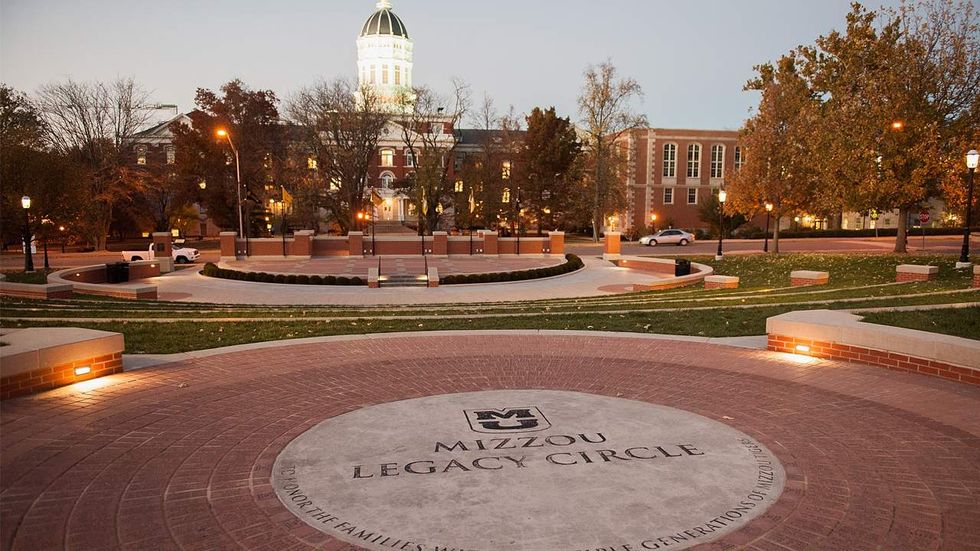A new report has found more than 100 colleges are now offering undergraduate and/or graduate students the option of obtaining a degree majoring or minoring in “social justice” or earning a “concentration” or “certificate” in that field.
According to a report by Toni Airaksinen at the College Fix, which conducted an analysis of social justice academic programs at major colleges and universities throughout the United States, more than 100 higher-education institutions now provide students with the ability to specialize in left-wing social justice programs.
According to Airaksinen, “The Fix found at least 64 American colleges that offer minors in social justice or a substantially similar field, such as social justice leadership. At least 18 offer four-year degrees in the field, and at least 15 offer master’s degrees.”
Additionally, another two colleges offer doctoral programs with a social justice focus.
While some of the colleges featured in the College Fix’s report are private institutions, many of the higher-ed institutions are public colleges that receive significant state funding.
For instance, Rutgers University, a public college in New Jersey, offers its students a minor in social justice. To complete the program, students must take a variety of leftist courses, including “Practicing Social Justice,” which mandates students participate in left-wing causes.
According to the course’s description, “Practicing Social Justice” will introduce “students to diverse practices of social justice activism including grassroots organizing, labor organizing, political organizing, and transnational organizing. Readings about social change efforts are combined with student participation in community mobilizations, labor organizing efforts, political campaigns, and transnational social movement and NGO activism.”
Further, although it’s not a surprise colleges located in regions with significant left-leaning populations would offer social justice programs, numerous major universities in America’s heartland were also found by the College Fix.
For instance, the University of Missouri offers students a minor in social justice, which the university says “involves the idea that in a perfect world all citizens would have identical social benefits, rights, protections, and opportunities regardless of their backgrounds and membership in diverse groups. Recognizing that the world is not perfect, the primary goals for the minor in social justice are to enhance sensitivity to vulnerable and at-risk populations, to provide opportunity for critical review of social policies and the allocation of societal resources; to stimulate interest in advocacy and the planned change process.”
[graphiq id="kqKSGFGKcPb" title="University of Missouri" width="500" height="750" url="https://sw.graphiq.com/w/kqKSGFGKcPb" frozen="true"]
The social justice degree program at Eastern Kentucky University “focuses on situating a multitude of local contestations over ‘justice’ within a more expansive economic, political, and social context. This entails serious consideration of struggles for ‘social justice,’ by which we mean conflicts and struggles about a diversity of social issues where human dignity, equality, and solidarity are at stake: economic inequality and poverty; institutional racism, classism, sexism, and heterosexism; corporate and state power; colonialism and imperialism; war and state violence; environmental harm; consumerism and commodification; corporate media influence; and struggles over space, place, and territory.”
Other than becoming full-time leftist protesters, it’s unclear what jobs are available to graduates of social justice programs.
In the College Fix’s report, Airaksinen rightly noted, “While social justice classes are certainly on the rise, there’s no indication that spending four years learning how to interrogate life through an intersectional oppression lens will be rewarded by the job market.”



